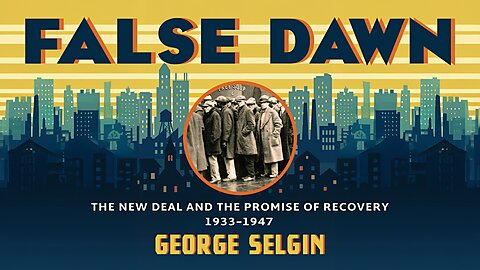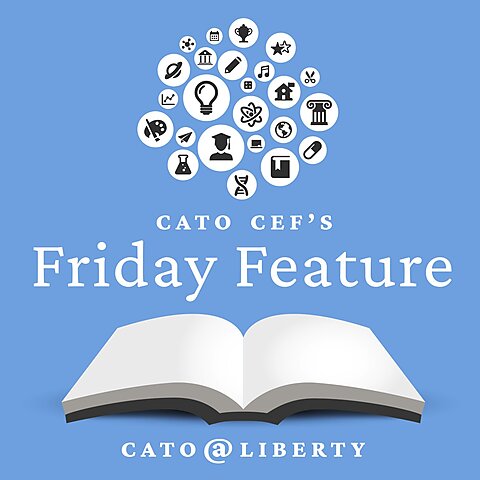Nicholas Anthony One of the biggest concerns about central bank digital currencies (CBDCs) is that they will undermine the financial system. In short, money held as a CBDC isn’t held in a bank, and therefore can’t be used to fund private loans. Worse yet, the issuance of a CBDC could amplify the frequency and severity of bank runs. The European ...
Adam N. Michel We went Christmas tree shopping with the kids last weekend. Every year, the ritual reminds me of some of the strangest federal taxes on the books and one of the clearest examples of government-sponsored industry collusion. Most people have never heard of this small 15-cent tax that is part of the Christmas tree check-off program or the ...
Jeffrey A. Singer In a Cato Institute policy analysis, Sofia Hamilton and I highlighted that people with opioid use disorder (OUD) in Australia, Canada, and the UK have been able to access methadone treatment through their primary care clinicians for over 50 years. Patients in the US could access treatment from their primary care clinicians before 1972, when the implementation of ...
Romina Boccia and Ivane Nachkebia Last Tuesday, President Trump said he is looking “very seriously” at the compulsory Australian retirement savings program, which former Prime Minister Julia Gillard has called “our trillion dollar sovereign wealth fund.” While President Trump offered no details about what he finds so attractive about “AustralianSuper,” Treasury Secretary Scott Bessent gave possible indications that the administration ...
Jeffrey A. Singer The Centers for Disease Control and Prevention (CDC) Advisory Committee on Immunization Practices (ACIP) decided on December 5 to update the CDC’s current guideline for immunizing newborns with the hepatitis B vaccine, now recommending it only if the mother tests positive for hepatitis B, not if she tests negative, as it has recommended for the past 30 years. ...
David Inserra As of December 10, Australia will implement sweeping restrictions on access to social media for individuals under 16. Hailed as the first of its kind, Australia’s Parliament passed a law in 2024 banning individuals under 16 from having accounts on major social media platforms and requiring these platforms to verify the age of everyone logging in. The law’s initial list ...
Clark Packard Last week, Disney+ released a restored version of The Beatles Anthology, the landmark 1995 ABC eight-part documentary series that remains the closest thing to a definitive account of the band’s extraordinary journey. I binge-watched the updated Anthology over the Thanksgiving holiday weekend, which brought back memories of watching the original with my parents 30 years ago. Now I’m the ...
Michael Chapman False Dawn: The New Deal and the Promise of Recovery, 1933–1947, by former Cato Senior Fellow George Selgin, was ranked among the “10 Best Books of 2025” by The Wall Street Journal this week. Selgin, also the director emeritus of the Center for Monetary and Financial Alternatives at the Cato Institute and professor emeritus of economics at the University of Georgia, ...
Colleen Hroncich When Katie Kilgore took a job at a microschool that prioritizes self-directed learning, she had no idea where it would lead her. Her career had taken her through real estate, owning a women’s clothing store, paralegal work, and, eventually, seven years in private school administration. But the microschool opened her eyes to what education could look like. When ...
Jeffrey Miron Over the past several months, the Trump administration has ramped up the War on Drugs by attacking boats from Venezuela that were allegedly bringing fentanyl to the United States. Much commentary has questioned the legality, humanity, and effectiveness of these measures and also expressed bewilderment at the relation between these actions and President Trump’s pardon of Juan Orlando Hernandez, the former president of ...













